Promising steps
As one of the key technical service units of the Vietnam National Oil and Gas Group (Petrovietnam), PTSC is a pioneer and arguably has the most complete capacity in developing offshore wind power (Offshore Wind Power) in our country today. In recent years, PTSC has quickly made its first steps into the global Offshore Wind Service Supply Chain, including many large orders for international customers such as the production of 33 wind turbine base bases for Ørsted (Denmark) and 10 transformer stations for Offshore Wind Power projects in Europe and Asia- Pacific .
The CHW2204 project in Taiwan (China) has a total capacity of 920 MW, and is one of the largest offshore wind projects in the Asia- Pacific region. On May 19, 2023, PTSC and Ørsted Taiwan Ltd (Ørsted) signed a contract for the fabrication and supply of jackets for the project. To win this important international contract, PTSC passed 6 rounds of rigorous selection and approval, demonstrating its competitiveness at the regional and international levels.
To date, the CHW2204 project has completed 9 million safety hours, demonstrating PTSC ’s capacity and experience to ensure the highest safety standards in the offshore drilling industry. PTSC is now ready to deliver the first batch of 4 foundations to customers; this is also living proof of Vietnamese enterprises’ ability to master the offshore drilling supply chain in the future.
Offshore wind power tower bases under construction at PTSC Energy Industry and Technical Logistics Center, Vung Tau City.
Meanwhile, the Baltica Wind Power Project located in the southern Baltic Sea, jointly developed and operated by Poland's largest electricity supplier PGE and leading wind power investor Ørsted, is one of the largest wind power projects in the world. In 2023, the consortium of contractors Semco Maritime and PTSC M&C - a member company of PTSC, participated in the bidding and won the bid for the Baltica 02 substation component project with a total capacity of 1.5 GW. After 18 months of implementing the design and procurement work, the project has now entered the construction phase, expected to last until the second half of 2026. All items will be constructed at the PTSC Downstream Port, Vung Tau city.
To implement the above projects, PTSC had to change from a single-piece production process to a mass production process, requiring strong investment in infrastructure, equipment, production lines as well as human resources. With the 33 wind power tower base project, PTSC has increased the number of workers at the manufacturing site from 7,000 to 12,000-13,000 by the end of this year.
PTSC Deputy General Director Tran Ho Bac said that the shift from single-piece to mass production not only reduces manufacturing time but also improves production efficiency. Previously, manufacturing an oil rig base weighing 2,000 - 3,000 tons took about 10 months, while now, with a similar product, PTSC can complete it in about 2 weeks.
PTSC workers at the construction site of offshore wind power tower foundation
PTSC leaders also emphasized that the company is completely confident in its ability to cooperate with other domestic enterprises to build a domestic supply chain for the GHG industry. With current turbine technology with a capacity of about 14 MW/turbine, a GHG project with a capacity of about 1 GW will need more than 70 foundations, each foundation weighing from 2,500 - 3,000 tons. Building a supply chain and connecting enterprises to carry out manufacturing steps is very important.
In another effort, PTSC is not only providing services but also actively seeking opportunities to become an investor and project developer. A prominent project in PTSC's plan is to cooperate with Sembcorp Utilities Pte. Ltd. (SCU) of Singapore to implement an offshore renewable energy export project to Singapore. PTSC is also the first and only investor in Vietnam licensed by the Ministry of Natural Resources and Environment to fully implement monitoring, investigation, survey, and assessment of marine resources for project implementation. At the end of August 2024, PTSC and SCU held a bidding ceremony for the wind measurement, hydrology, and geological research survey package for this Project. This is not only an important step forward in developing clean energy in Vietnam but also contributes to the goal of reducing greenhouse gas emissions and enhancing regional energy security.
Awarding ceremony of the Wind Measurement, Hydrology and Geological Survey Package, Offshore Renewable Energy Export Project from Vietnam to Singapore between PTSC and partner SCU.
This project reflects Vietnam’s determination to achieve its net zero emissions target by 2050, as well as to achieve the targets for renewable energy set out in the Power Development Plan VIII. According to the Power Development Plan VIII, by 2030, renewable energy capacity serving domestic electricity demand will reach about 6,000 MW, and may increase depending on technological developments and reasonable transmission costs. By 2050, the total renewable energy capacity is expected to reach 70,000 - 91,500 MW.
However, achieving the above goal is extremely challenging as currently our country has not yet implemented any GNGK projects due to the lack of suitable mechanisms. "Only when we see a clear roadmap, consistent and long-term policies will investors invest because the capital for GNGK is large but there is no immediate profit", said PTSC Deputy General Director Tran Ho Bac.
Urgent requirements
GE is gradually becoming one of the most important energy sectors in the world, especially in the context of countries trying to reduce greenhouse gas emissions and switch to renewable energy. With a favorable geographical location and rich potential, Vietnam can exploit GE to strongly develop its clean energy economy. However, if we do not quickly deploy, the opportunities will pass and the competitive pressure will increase.
At the recent Green Economy Forum and Exhibition 2024, Mr. Bruno Jaspaert, Chairman of the European Chamber of Commerce in Vietnam (EuroCham), emphasized: “European businesses are facing difficulties in implementing the first renewable energy projects”. According to Mr. Jaspaert, the development and construction time of a renewable energy farm usually takes 6-7 years, of which the first 3-4 years are for project completion and finance, followed by at least 3 years of construction. This means that if we want to achieve the target of 6,000 MW of renewable energy capacity by 2030, the first projects must be implemented in 2027.
Mr. Bruno Jaspaert - Chairman of EuroCham speaking at the Green Economy Forum and Exhibition 2024.
To achieve this, the EuroCham Chairman proposed that Vietnam needs to quickly complete the legal framework for offshore wind power, establish clear support mechanisms and ensure the rights of participating parties.
The lack of a clear mechanism for renewable energy projects will cause many difficulties in implementing and attracting investment. This is also an important issue included in the Draft Law on Electricity (amended) this time. In a recent report, the Ministry of Industry and Trade said that investing in new renewable energy sources, such as renewable energy, has higher investment and electricity production costs than traditional power sources. To ensure the feasibility of the projects, the Draft Law on Electricity (amended) is considering special preferential policies such as land rent exemption, tax reduction and incentives on the rate of ensuring the mobilization of minimum annual electricity output.
According to Mr. Phan Xuan Duong, an independent energy consultant, the above policies are the right direction. However, he also warned: “If the incentive policies are not attractive enough, foreign investors will not be interested in this market, because the starting costs are too high and the capital recovery period is long.”
The contents related to GHG emission reduction are stipulated in the Draft Law on Electricity (amended) and have been compiled and commented on quite detailedly and elaborately. However, the current Draft Law has not yet fully created the basis and conditions to ensure the development of the GHG emission reduction sector, nor has it fully institutionalized the requirements set out in Resolution No. 36-NQ/TW, Resolution No. 55-NQ/TW and Conclusion No. 76-KL/TW.
In addition, the provisions of the Draft Law on Electricity (amended) have not clearly defined the mechanism for the Government to develop a roadmap and development model, mobilize domestic resources, promote strengths and effectively use resources of state-owned enterprises, cooperate with international partners, and have appropriate approaches to the renewable energy industry in Vietnam in different stages, especially the initiation/pilot stage.
Mr. Phan Xuan Duong, independent energy consultant, spoke at the Workshop "Consulting National Assembly deputies and experts on the Draft Law on Electricity (amended)".
The GHG emission reduction is not only an opportunity but also a responsibility for Vietnam in moving towards sustainable development and meeting its commitments to reduce greenhouse gas emissions. "There needs to be pioneering projects to draw lessons and pave the way for other projects. To do this, it is necessary to assign the implementation to state-owned corporations with full potential and experience such as the Vietnam National Oil and Gas Group (Petrovietnam)," said Mr. Phan Xuan Duong.
As a pioneer of Petrovietnam in the field of offshore wind power, PTSC has demonstrated its outstanding capabilities, from participating in the global supply chain to the ability to manufacture, install, and operate complex projects that meet international standards. With abundant resources, modern infrastructure, and a team of high-quality human resources, PTSC is considered an enterprise fully capable of implementing the first pilot offshore wind power project in Vietnam, paving the way for the development of the domestic offshore renewable energy industry.
However, it is important to emphasize that in order to turn potential into reality, support from the State plays a decisive role. It is necessary to quickly complete the legal framework, develop incentive mechanisms and specific policies, creating conditions for domestic enterprises such as PTSC to promote their strengths and take advantage of opportunities to participate in this promising market. This is not only an important step to build a strong offshore renewable energy industry, but also a foundation to help Vietnam become one of the leading countries in the region in developing offshore renewable energy. With close cooperation between the State and enterprises, the national energy sector will continue to affirm its leading role in shaping the country's clean energy future./.
Truc Lam
Source: https://www.pvn.vn/chuyen-muc/tap-doan/tin/798ef27d-4b8c-44a6-8293-ed7f81818b3f


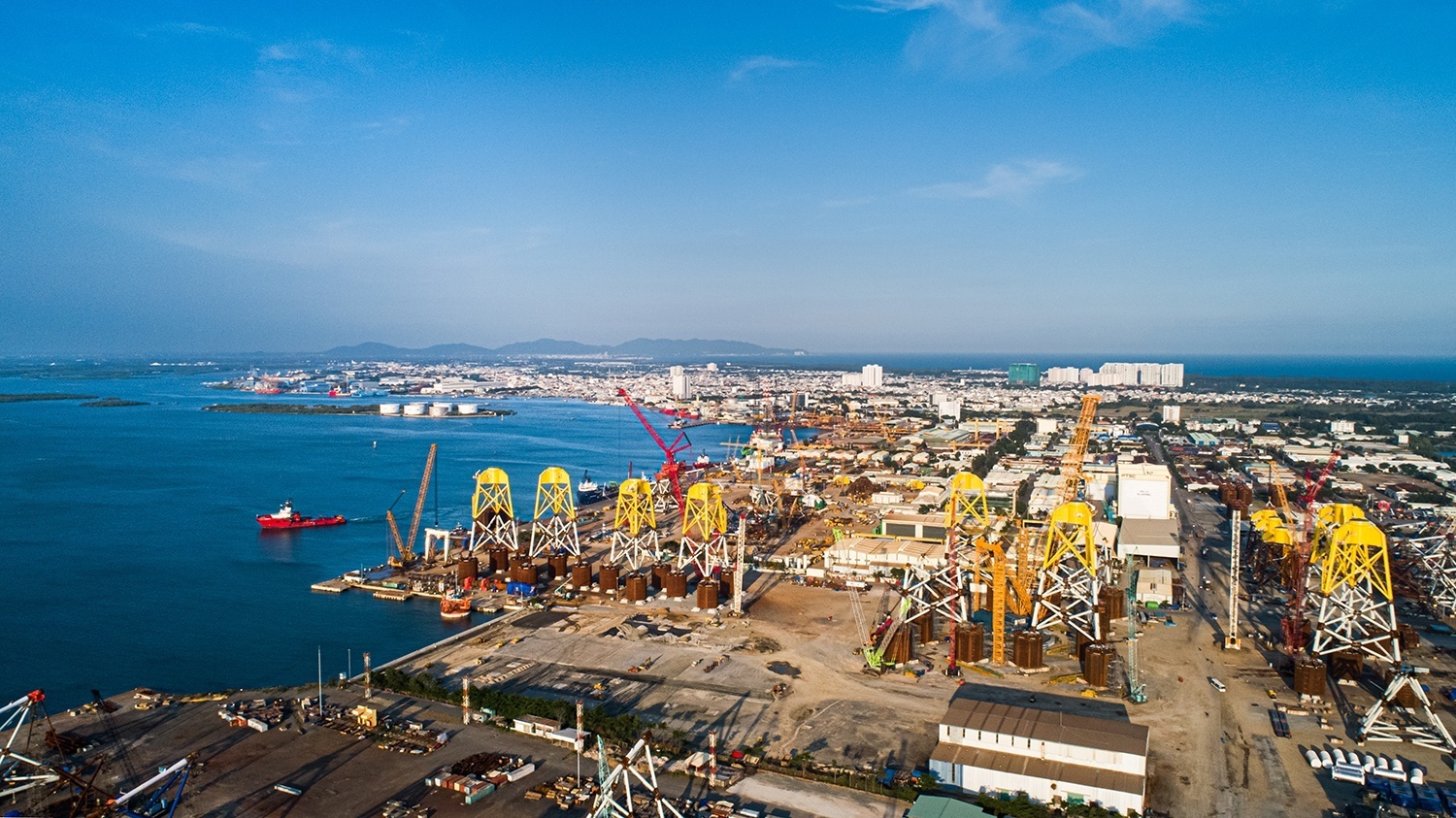
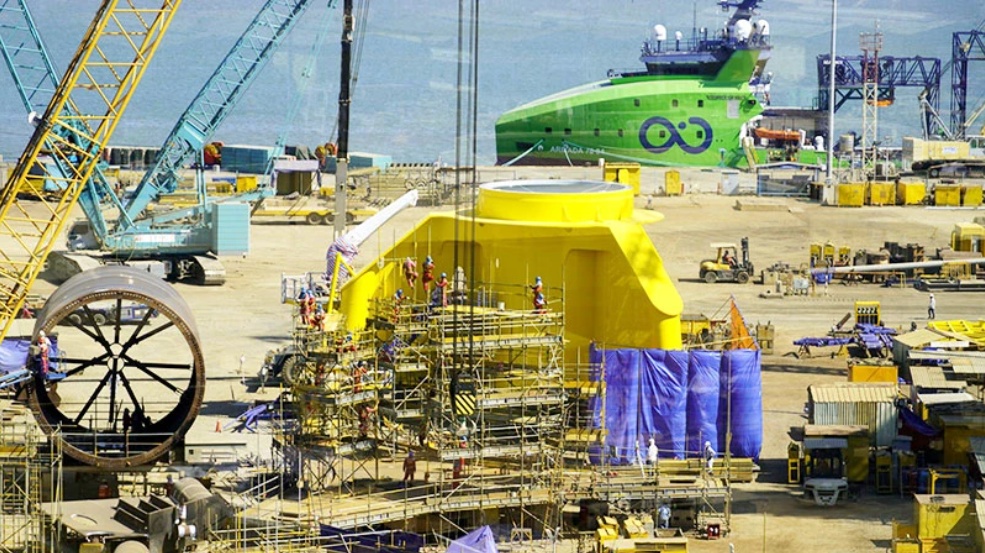
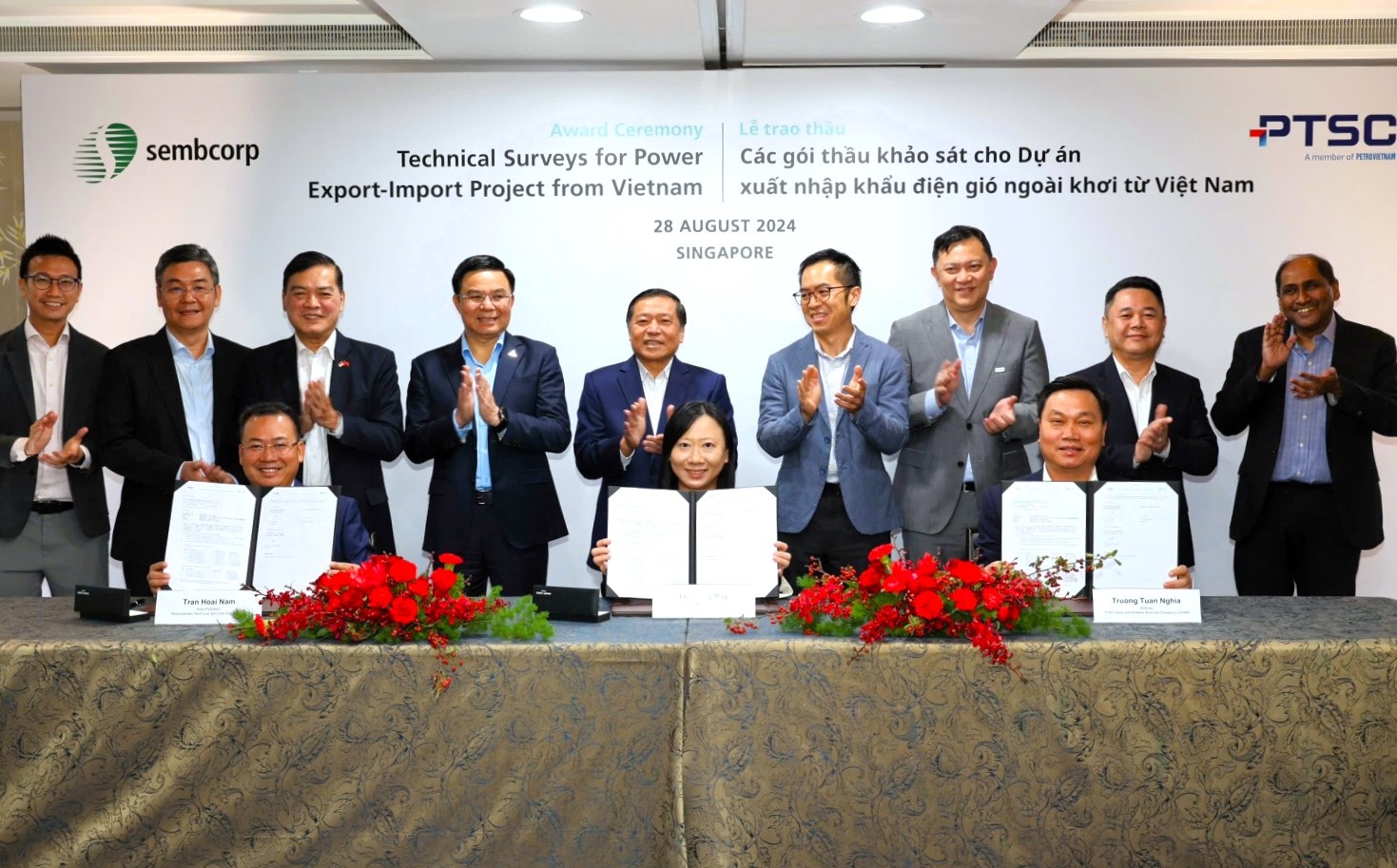
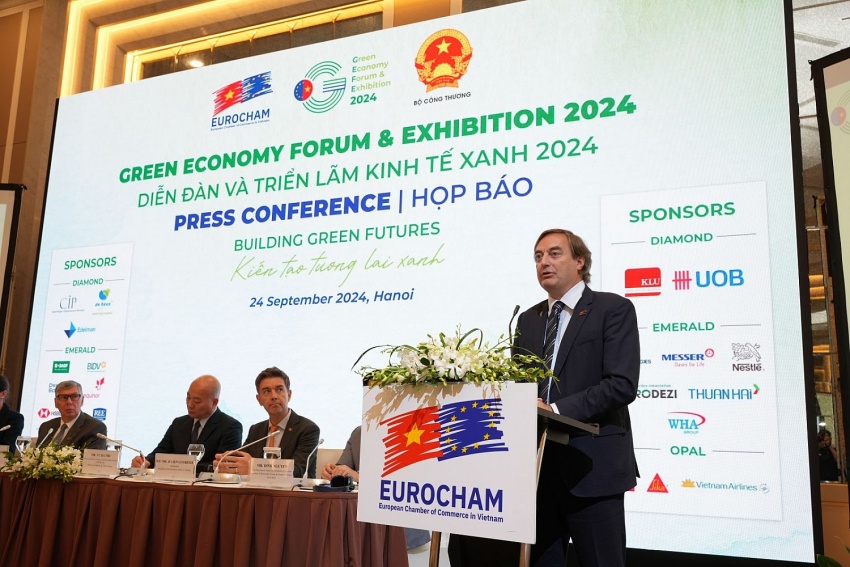
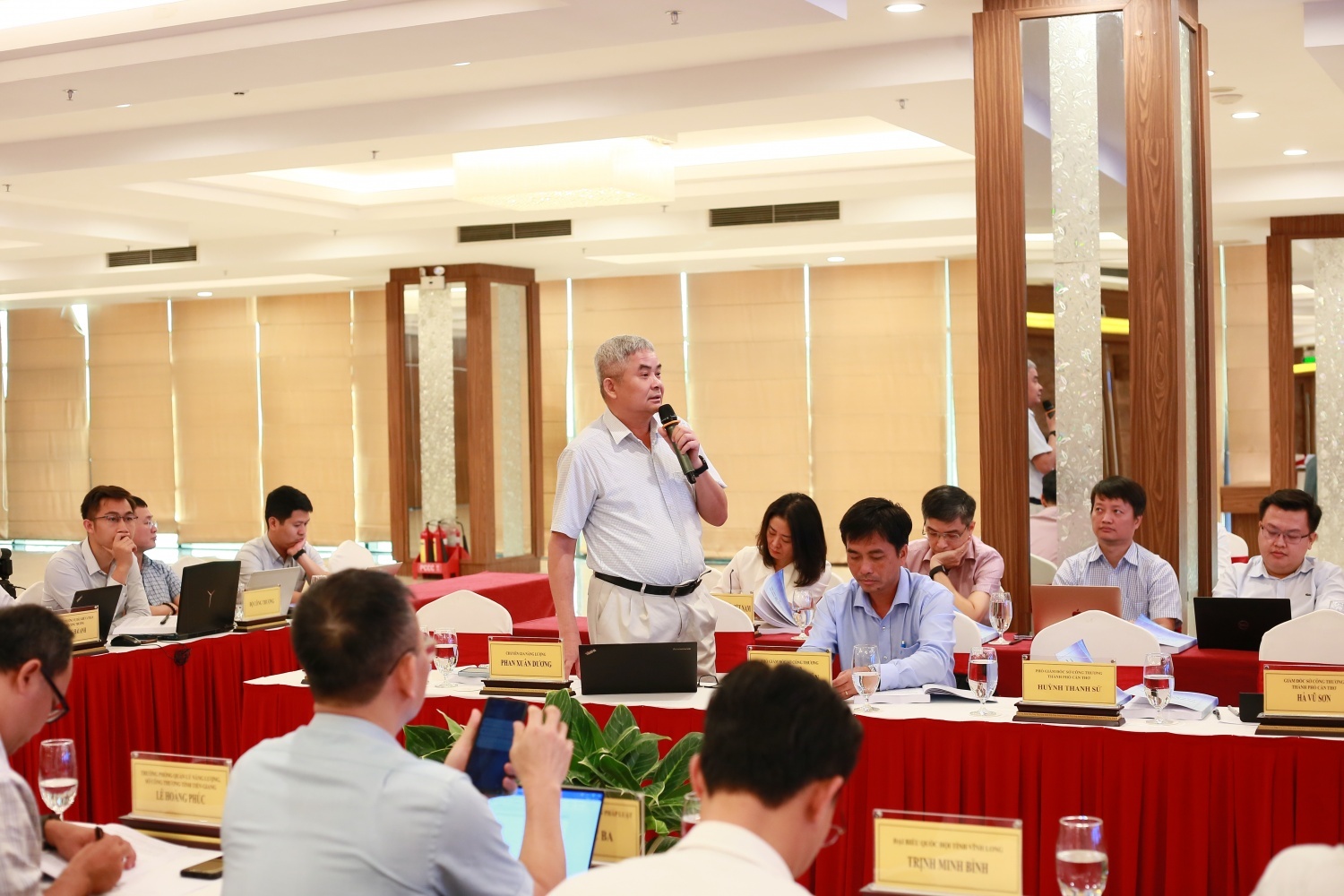


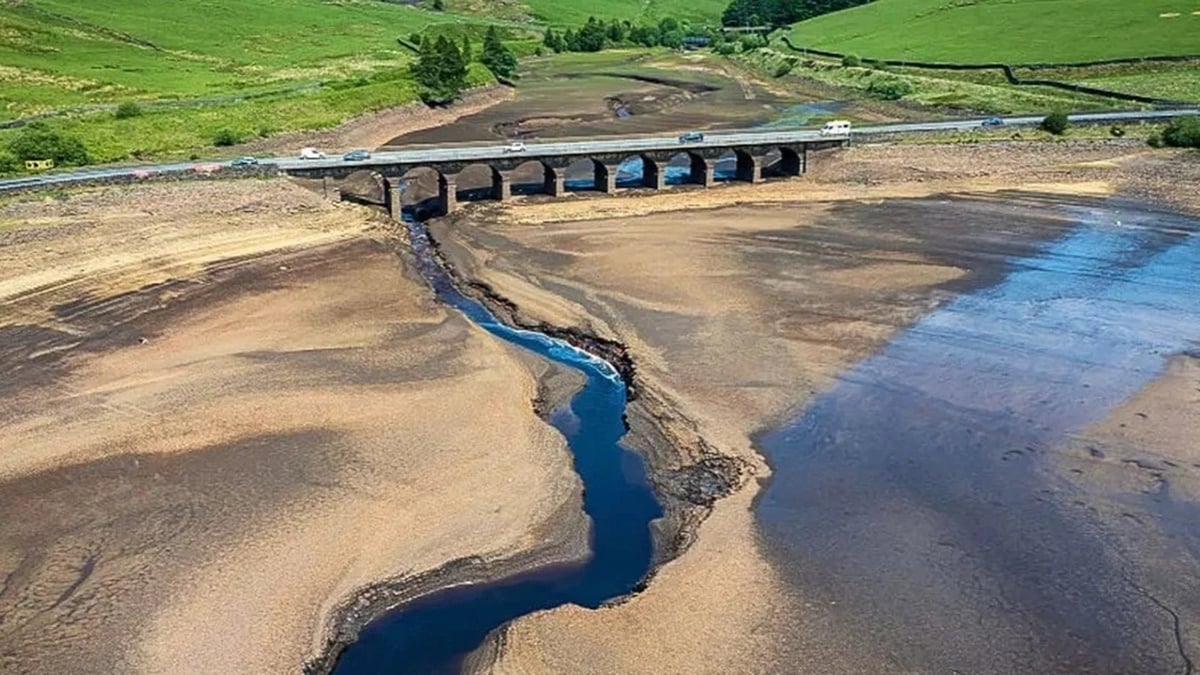




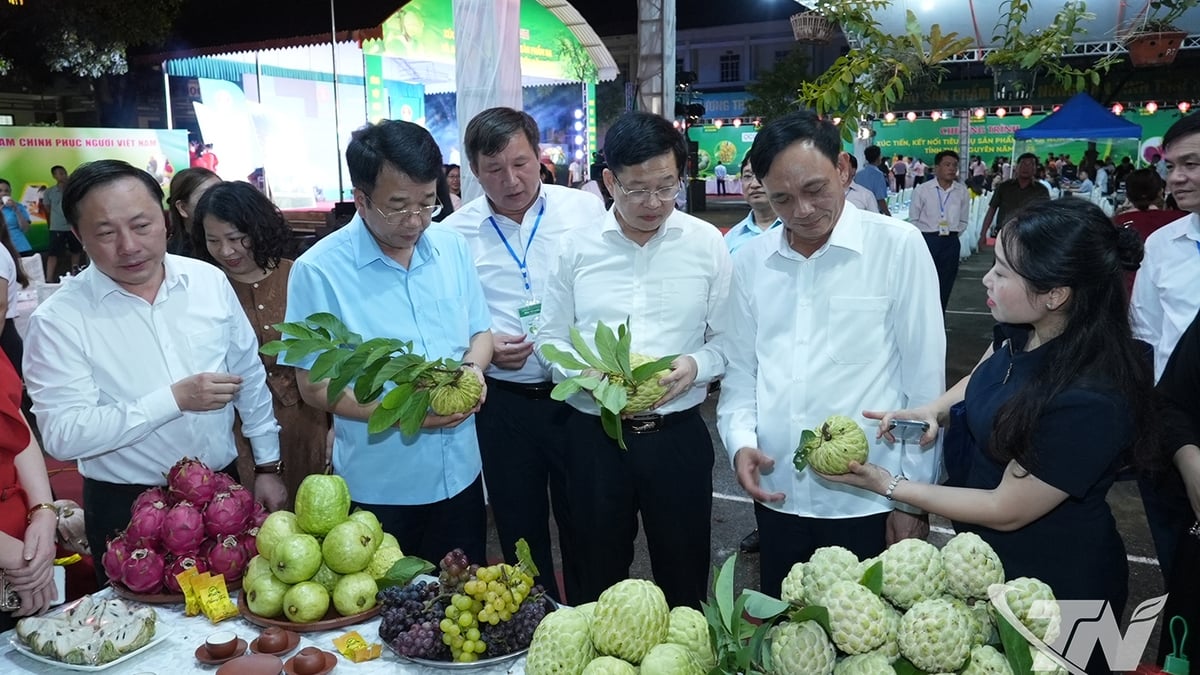
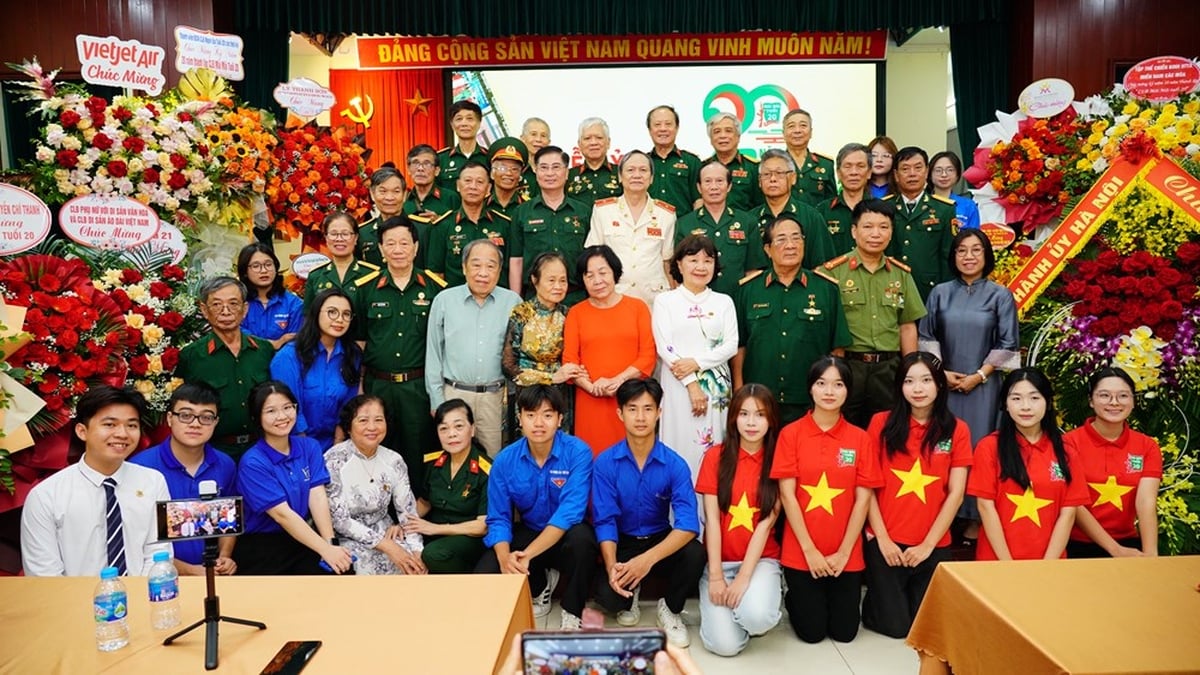











![[Photo] “Moving forward with Vietnam” on the most romantic road in Vietnam](https://vphoto.vietnam.vn/thumb/1200x675/vietnam/resource/IMAGE/2025/8/16/0ee500bc59fd4468863261ee26f47fe7)
![[Photo] General Secretary attends the inauguration ceremony of the Ministry of Public Security Headquarters](https://vphoto.vietnam.vn/thumb/1200x675/vietnam/resource/IMAGE/2025/8/16/3ceec3a24ef945c18ae2b523563b749d)


![[Photo] National Assembly Chairman Tran Thanh Man attends the program "Returning to the source - Towards the future"](https://vphoto.vietnam.vn/thumb/1200x675/vietnam/resource/IMAGE/2025/8/16/d081d9c162ee4ed9919e723aa322a53a)



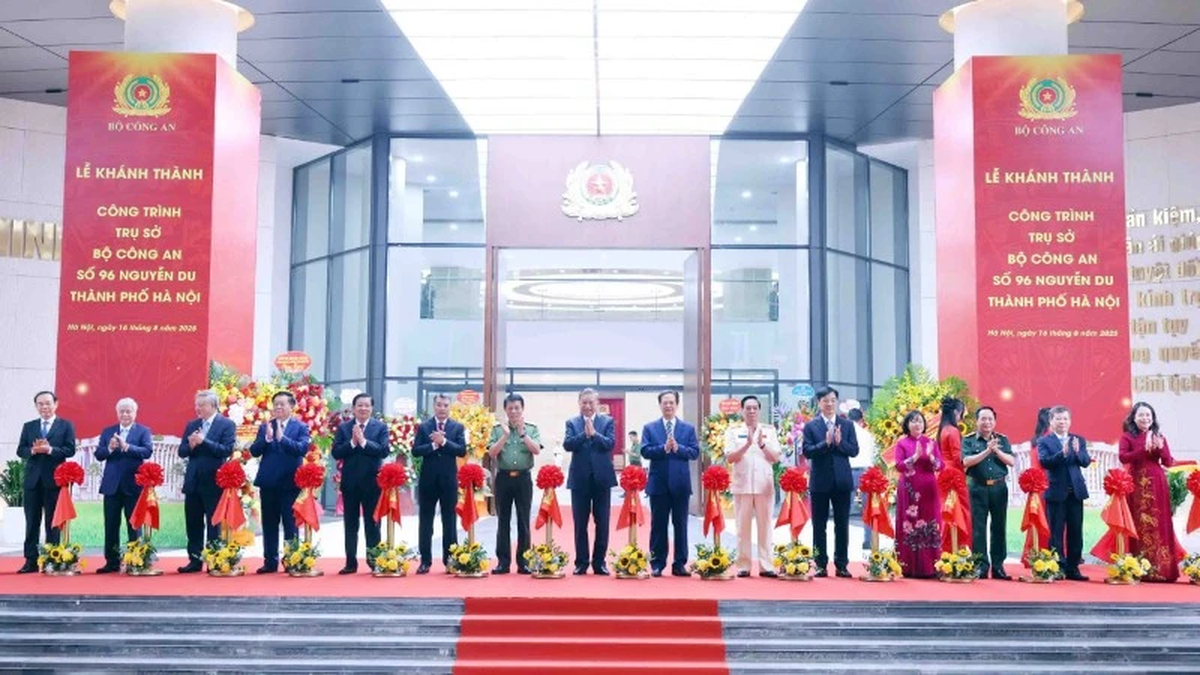







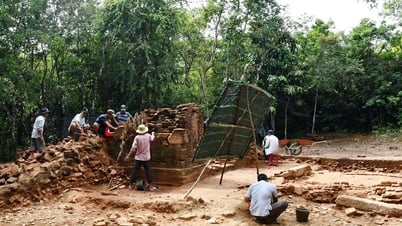








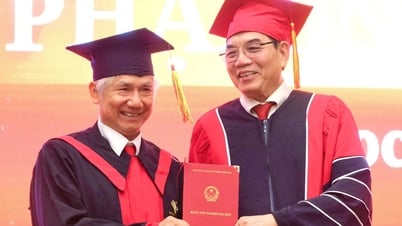


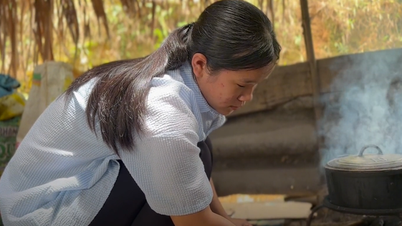

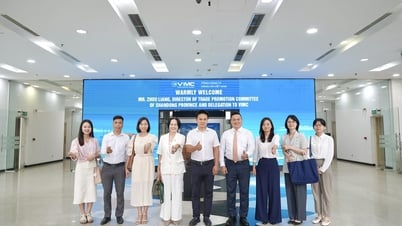
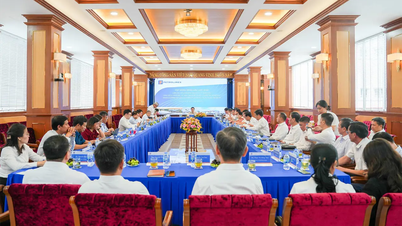

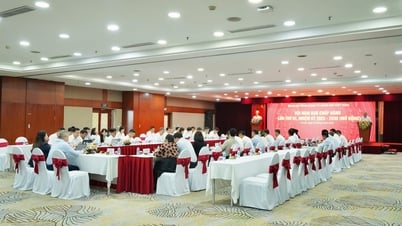










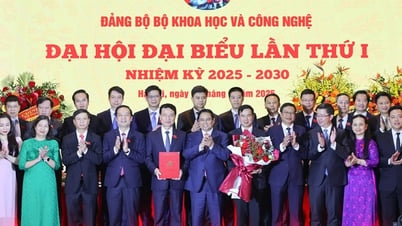




























Comment (0)